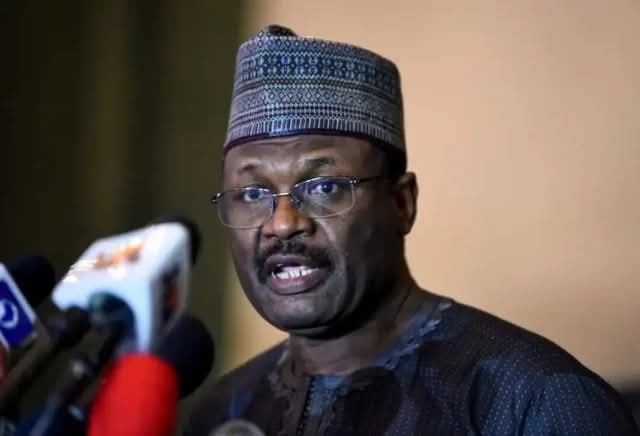The Independent National Electoral Commission (INEC) has officially announced that local government elections in the Federal Capital Territory (FCT) will take place on February 21, 2026.
These elections will encompass the six area councils of the FCT, marking them as the only local government elections directly managed by INEC in Nigeria. INEC Chairman, Professor Mahmood Yakubu, made the announcement during a consultative meeting with political party leaders at the INEC Conference Centre in Abuja on Wednesday.
Professor Yakubu explained that this decision aligns with Section 28(1) of the Electoral Act 2022, which requires INEC to issue an election notice at least 360 days prior to the election date. The last local government elections in the FCT were held on February 12, 2022, and the tenures of the current chairpersons and councillors will end in 2026.
“The Commission has approved that the 2026 Area Council election in FCT will hold on Saturday, February 21, 2026. Voting will occur at all designated polling units across the 68 constituencies to elect the six Area Council Chairmen and 62 Councillors,” Yakubu stated.
INEC plans to publish the official election notice by February 26, 2025, with party primaries scheduled for June 9 to June 30, 2025.
Professor Yakubu also provided updates on INEC’s upcoming initiatives, including the resumption of the nationwide Continuous Voter Registration (CVR) exercise and the completion of outstanding bye-elections. He noted that 23 vacancies have arisen in various constituencies since the inauguration of the current National and State Assemblies in June 2023.
Addressing the complexities of bye-elections, Yakubu remarked, “They are unpredictable, unbudgeted, and challenging to plan for. Additionally, one bye-election can trigger others, compounding the issue.” He cited instances where a bye-election in one senatorial district led to multiple vacancies across different levels of assembly.
Over the past nine years, INEC has advocated for cost-effective alternatives to filling vacancies, similar to practices in many other countries. Yakubu expressed hope that heightened advocacy among stakeholders, including political parties, will prompt the National Assembly to amend existing laws.
“We are pleased to see more Nigerians joining this advocacy. Together, we can continue to reform and enhance our electoral processes,” Yakubu concluded.


